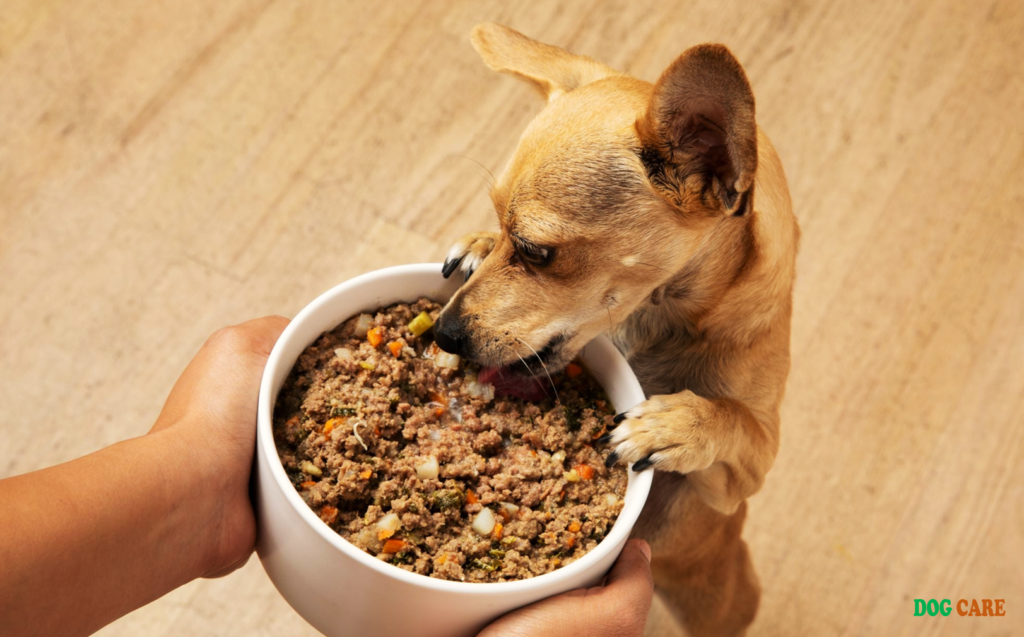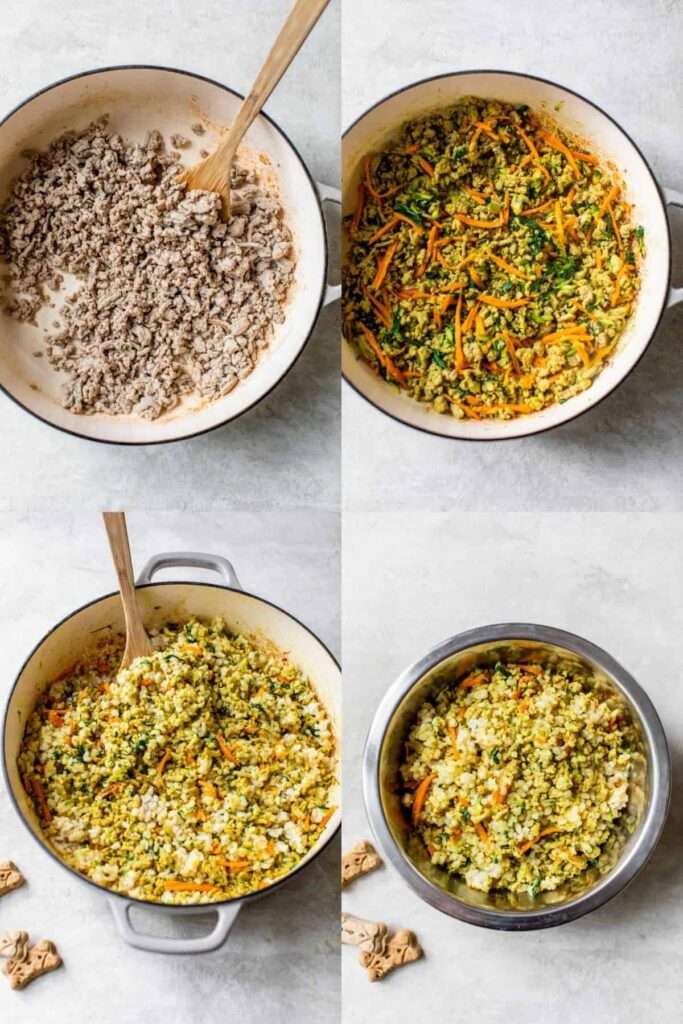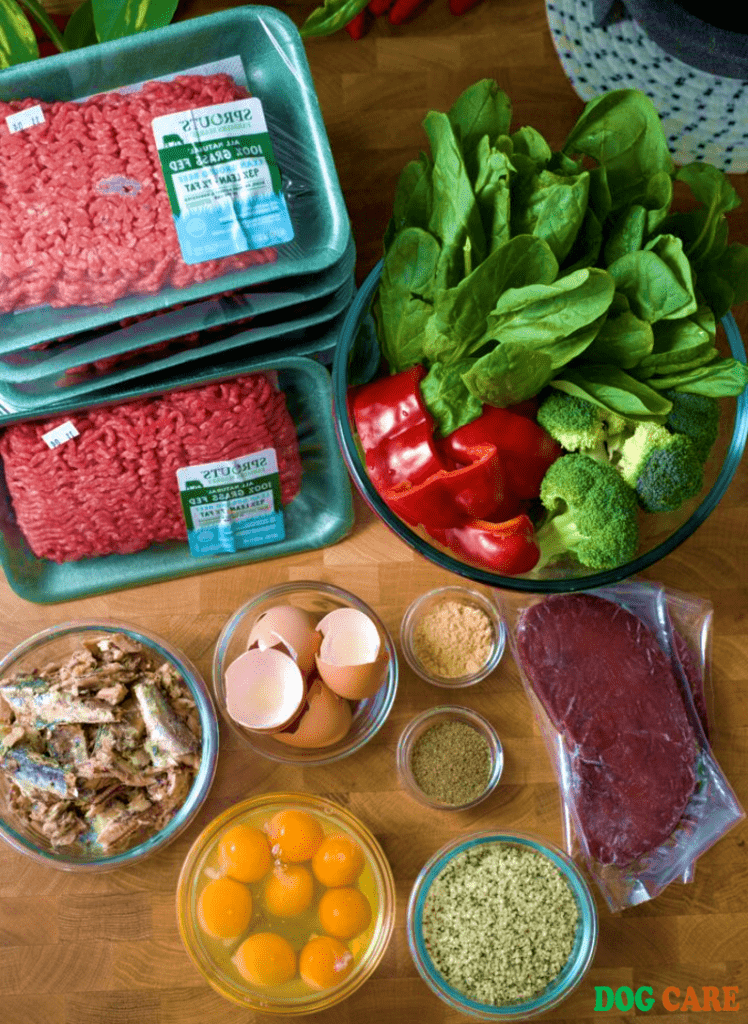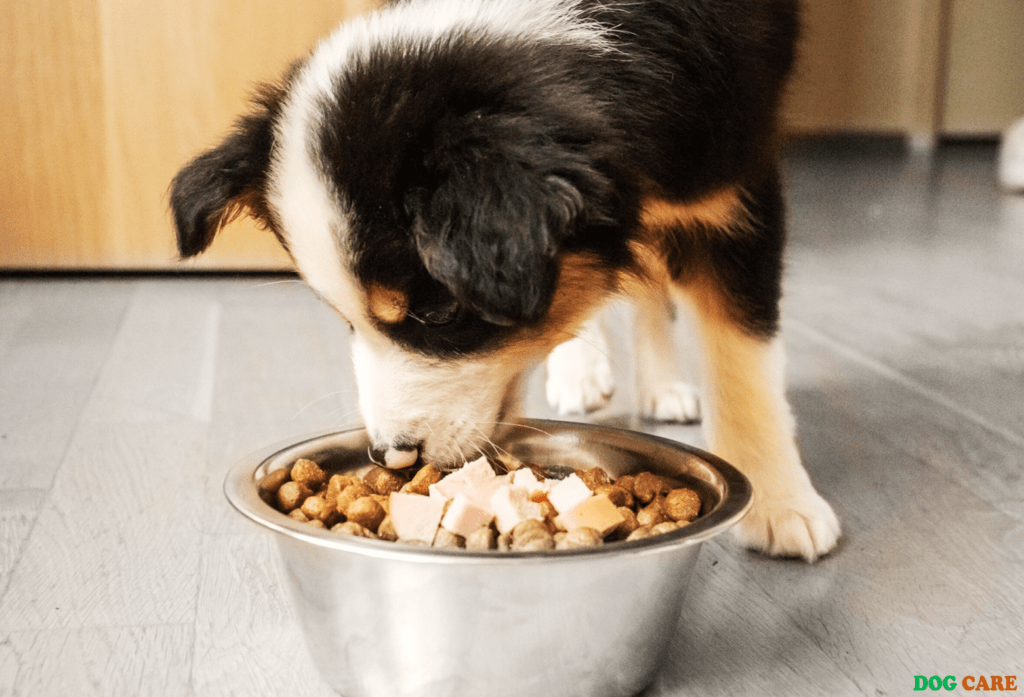Grain-Free Dog Food Brands to Avoid : Grain-free dog food brands to avoid include those with excessive levels of legumes, peas, and potatoes due to potential risks of heart disease. These ingredients have been linked to a possible connection with dilated cardiomyopathy in dogs.
When choosing the best grain-free dog food for your pet, it’s essential to consider their health and well-being. With numerous options available in the market, selecting the right brand can be overwhelming. Ensuring that your dog’s food is free from unnecessary fillers and potentially harmful ingredients is crucial in maintaining their overall health and vitality. (Grain-Free Dog Food Brands to Avoid)
This article will highlight the importance of carefully scrutinizing the ingredients of grain-free dog food and provide insight into the best options for your furry friend. By understanding which brands to avoid, you can make informed decisions to keep your dog happy and healthy.
Understanding Grain-free Dog Food
Grain-free dog food has gained popularity in recent years, with many pet owners switching to this type of diet for their furry companions. Understanding grain-free dog food is crucial to make informed decisions about your pet’s nutrition. In this article, we will delve into the evolution of grain-free diets and their impact on canine health.
Evolution Of Grain-free Diets
Grain-free dog food emerged as a response to the growing concerns about grains’ potential impact on a dog’s health. Many pet owners believed that their dogs could be sensitive to grains, leading to a rise in grain-free options in the pet food market. As a result, pet food companies began formulating grain-free recipes to cater to this demand.
Impact On Canine Health
While some dogs may genuinely benefit from a grain-free diet, research has highlighted potential health risks associated with exclusive grain-free feeding. Grain-free formulas often substitute grains with ingredients such as potatoes, legumes, or other starchy sources which may lead to nutritional imbalances.
Health Risks Associated With Grain-free Dog Food
When it comes to choosing the best diet for your beloved furry friend, it’s crucial to be aware of the potential health risks associated with grain-free dog food. Although touted as a healthier alternative, certain grain-free dog food brands may pose serious health concerns for your pet. Understanding these risks is essential for making informed decisions about your dog’s nutrition.
Cardiac Concerns
Recent studies have linked grain-free dog food to an increased risk of dilated cardiomyopathy (DCM), a serious heart condition in dogs. Certain ingredients commonly found in grain-free formulations, such as legumes and potatoes, have been associated with an elevated incidence of DCM. This cardiac concern highlights the importance of scrutinizing the ingredients list when selecting a grain-free dog food for your pet.
Nutritional Imbalance
The exclusion of grains from a dog’s diet can lead to nutritional imbalances, particularly in essential nutrients such as fiber, vitamins, and minerals. Without careful supplementation, grain-free diets may fail to provide the required nutrients for your dog’s overall well-being. This imbalance can lead to various health issues, highlighting the importance of consulting with a veterinarian to ensure your dog’s diet is nutritionally complete.
Digestive Issues
While grain-free dog food is often marketed as a solution for digestive sensitivities, it can paradoxically lead to digestive issues in some dogs. The high inclusion of alternative starch sources, such as peas and lentils, may not be easily digestible for all dogs, potentially causing gastrointestinal discomfort and dietary intolerance. Understanding your dog’s specific digestive needs is crucial in avoiding potential digestive issues associated with certain grain-free formulations. (Grain-Free Dog Food Brands to Avoid)
Identifying Questionable Ingredients In Grain-free Brands
The rise in popularity of grain-free dog food has led to a surge in options available on the market. However, not all grain-free brands are created equal, and it’s crucial for pet owners to be able to identify questionable ingredients in these products. Understanding what to look for when reading the labels can help you make informed decisions about which grain-free dog food brands to avoid.
Fillers And Preservatives
Unknown Additives
Examining Specific Grain-free Dog Food Brands
When it comes to choosing the best grain-free dog food for your furry friend, it’s crucial to carefully analyze specific brands. Certain grain-free dog food brands have drawn attention due to potential risks, red flags, and controversies. Let’s delve into the details of three popular brands and the issues surrounding them.
Brand A: Potential Risks
Brand B: Red Flags
Brand C: Controversies
Making Informed Choices For Your Pet’s Nutrition
Making informed choices for your pet’s nutrition is vital for their overall health and wellness. When it comes to selecting dog food, opting for grain-free options may seem like a healthy choice. However, not all grain-free dog food brands are created equal, and some may not be suitable for your pet’s specific dietary needs. To ensure that you are making the best choices for your furry companion, it’s essential to be aware of which grain-free dog food brands to avoid and how to transition to healthier alternatives.
Transitioning To Healthier Alternatives
When transitioning to healthier alternatives, it’s crucial to do so gradually to avoid any digestive upset for your pet. Start by introducing small amounts of the new food alongside their current diet, gradually increasing the proportion of the new food over several days. This gradual transition will help your pet’s digestive system adjust to the new food without any discomfort. Pay attention to their stool quality and overall well-being during the transition period to ensure a smooth adjustment.
Consulting With Veterinarians
Consulting with veterinarians is imperative when making dietary changes for your pet. A veterinarian can provide personalized recommendations based on your pet’s specific health requirements and dietary restrictions. They can also offer valuable insights into which grain-free dog food brands to avoid based on their professional expertise and knowledge of your pet’s individual needs. By seeking professional advice, you can make informed decisions that prioritize your pet’s nutrition and well-being.

Frequently Asked Questions On Grain-free Dog Food Brands To Avoid
Why Do Vets Not Recommend Grain-free Dog Food?
Vets do not recommend grain-free dog food due to a potential link to heart disease. These diets lack essential nutrients and may be high in legumes and potatoes, which can lead to heart issues. It’s best to consult with a vet for a balanced diet. (Grain-Free Dog Food Brands to Avoid)
What Is The Number One Healthiest Dog Food?
The number one healthiest dog food is a high-quality, balanced diet with real, whole ingredients like meat, vegetables, and whole grains. Look for options free of artificial additives and fillers, tailored to your dog’s specific needs and life stage. Always consult with a veterinarian for personalized recommendations.
What Are The 16 Dog Foods To Avoid?
The 16 dog foods to avoid include chocolate, grapes, onions, garlic, artificial sweeteners, macadamia nuts, and xylitol. Other harmful foods are alcohol, caffeine, mushrooms, avocado, high-fat foods, raw meat, salty snacks, and foods containing bones or pits.
Is It Really Healthier For A Dog To Eat Grain-free?
Yes, it can be healthier as some dogs have grain allergies. However, not all dogs need a grain-free diet. It’s essential to consult a vet for individual dietary needs.
Conclusion
Choosing the right grain-free dog food brand is crucial for your pet’s health. Be sure to steer clear of brands that use potentially harmful ingredients. By staying informed and reading the labels, you can make the best choices for your furry friend’s well-being.
Your dog’s health is worth the extra effort.


